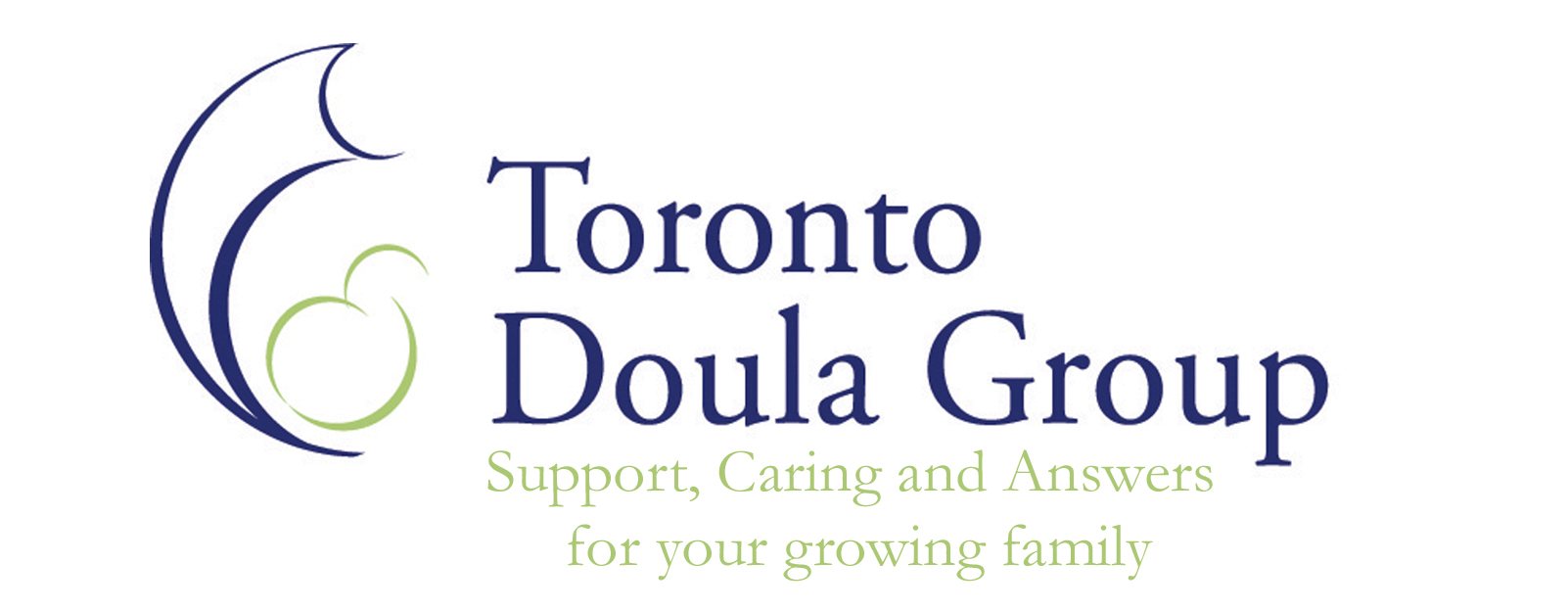The Emotional Journey After Birth
- Kimberley Fernandez
- Sep 14, 2022
- 5 min read
During pregnancy we hunker down with books, websites, apps and social media to learn all we can about our pregnancy and impending birth. We consume birth stories like they are oxygen and seek them out even if they are scary or over dramatized. And your feelings and emotions surrounding the upcoming event can be calmed by gaining knowledge and talking to others. But it isn’t until the moments after baby is born that we sit and think, Now What?

The hospital doesn’t prepare you for how you will feel. They will offer some support regarding your physical recovery and baby. They give baby a bath, make sure some kind of food is going into baby, and that your bleeding is manageable, but then they hand you a bunch of paperwork and a booklet and say, “Call us when you want to do this again.” You chuckle with a hint of exhaustion and like a zombie shuffle off home.
This is where the realities of birth set in, you get home and you just want to crawl into bed and sleep for 12hrs, but you can’t. Your Partner is also tired and is desperate for sleep, but they can’t either. You now have another human to look after. A tiny, helpless baby that can only communicate with you through crying. And there is no translator app you can download to know what baby needs or what they are trying to communicate. Plus, you are flooded with a wide-reaching range of emotions you never expected. No one ever talks about this.
The physical recovery and basic newborn care will be covered in that booklet the hospital handed you and in any prenatal and infant care class that you take as well as hiring experts like doulas, sleep consultants and lactation consultants. And maybe you have already done all that or at least prepared for that.
But have you considered how you are going to feel about all of this? About this entirely new path you are on and the daunting journey ahead? There are a range of emotions you may be experiencing. In the first couple of weeks, on top of being tired you may be experiencing what is commonly called the baby blues. Generally, what it is, is normal postpartum adjustment. It may look like crying, usually because of the large dip in hormones and being so tired, but it can also look like frustration and anger possibly because things are harder than you had imagined, and you are still trying to find your rhythm in your days and nights.
It can also look like anxiety which I see a lot of in my new parents. This anxiety can come from the general worry you have about your new baby and whether they are eating enough, peeing, and pooping enough. Perhaps it was a traumatic birth, and this is making you more anxious about baby’s health. Sometimes we are reacting to the pressures of perfection we see in social media that can give us unrealistic expectations and when we can’t meet them, we feel like we’re doing something wrong.
So how can we make this period of adjustment better? Firstly, you need to focus on our own recovery and health first. Make sure you are eating good food, staying well hydrated and cobbling together as much sleep and rest as you can between feeds. Even resting for 30 mins (without your phone) can help you feel less tired and less mentally drained.
Secondly, leave the daily and unnecessary chores to someone else or just leave them. That may mean accepting help from whomever offers it. If anyone asks what you may need or how they can help, have a list ready. We have spent our lives trying to be independent and sometimes feel like if we ask for help that will show us to be weak. But remember, you weren’t meant to do this alone. You shouldn’t do this alone. It’s too hard. Take the help, ask for help. Reach out to friends and family for help and if that isn’t possible, consider looking into hiring a postpartum doula, even one day, for a few hours, a week can help.
Thirdly, when I have clients who seem to be experiencing anxiety about baby, I will often go through all the things that are going well. Baby is happy and gaining weight, settles well with skin to skin, doctor is happy with how they are doing, feeding is going well or is getting better. Sometimes just taking stock of the positive things that are happening can lessen the negative thoughts in your head.
Finally, you may be experiencing anxiety because you didn’t have that “instant falling in love” with your baby. We see social media posts all the time about how having a baby is like falling in love at first sight. This isn’t true for everyone. I personally took at little longer to fall in love with my first baby. Something you can do to help with this, is doing skin to skin with baby, a lot. Skin to skin isn’t just for that first hour after birth. And it can help get the hormone oxytocin flowing, which is the love hormone and helps with bonding. It can also help get breastfeeding going too, which can make interactions with baby more pleasant.
The Baby Blues or Postpartum Adjustment usually only lasts about two weeks. If after two weeks, you aren’t starting to feel better or you don’t see a light at the end of the tunnel, if you feel like things are getting worse, it’s important to talk to your family doctor and get started on getting some professional help. You could be venturing into postpartum depression. And since the pandemic began, we are seeing a marked increase in postpartum mood disorders. Your doctor may get you started with a referral for talk therapy and possibly medication. But don’t worry, if you are given any antidepressants or mood stabilizing medication, taking these will not mean you have to stop breastfeeding. And remember, this situation is temporary. You won’t have to be on medication forever. Things can and will get better.
In all of this, in all that you will experience with a new baby, all the highs and lows, remember to take care of yourself first. You can’t take care of everything, including baby and your partner, if you don’t prioritize yourself. If you put yourself last, and you end up going down, then who is going to look after everything? Not you. Put your own oxygen mask on first, then look after those around you.
For more help, support and getting your questions answered, make sure you check out our “Dial-A-Doula”program for new parents or contact us about hiring a postpartum doula to support you and your family during your early postpartum period.
Before You Go:
Check out our Freebies Page for some free handouts on:
What To Pack For The Hospital
What To Eat During Labour
A List Of Essentials For The Postpartum Period
A Recipe For Frozen Perineum Pads
And More...












































Comments